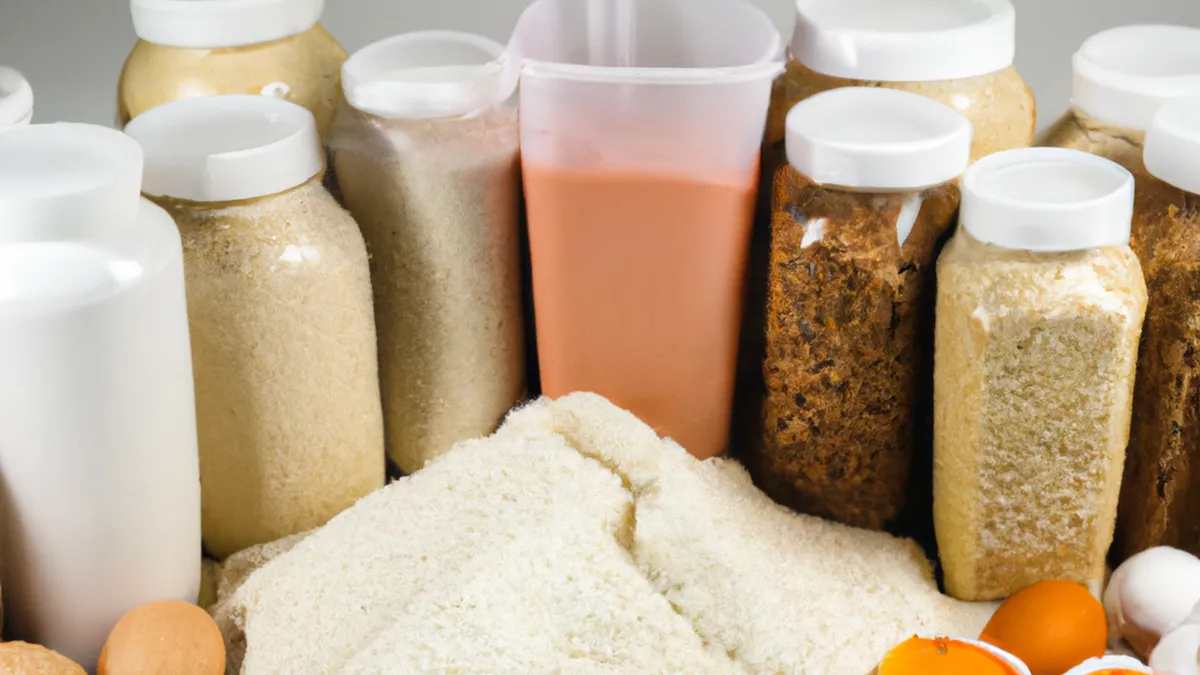Revealing Muscle Recovery Through Nutrient Insights
The Science Behind Muscle Recovery and Nutrient Absorption
Muscle recovery plays a vital role in any fitness routine. After intense workouts, muscles repair and regenerate. This process is essential for regaining strength and enhancing performance. Understanding muscle recovery and nutrient absorption helps optimize workouts and fitness results. Let’s explore muscle recovery components, nutrient roles, and strategies to enhance recovery.
What Happens During Muscle Recovery?
Strenuous exercise, especially resistance training, causes micro-tears in muscle fibers. This process builds strength and muscle mass. The body responds with muscle protein synthesis, repairing damaged fibers and making them stronger.
After intense physical activity, inflammation occurs naturally. Inflammation signals the body to begin healing and recovery. While some inflammation helps, too much can slow recovery and cause delayed onset muscle soreness (DOMS). Managing inflammation is crucial for effective recovery.
The Role of Nutrients in Recovery
Nutrients significantly impact muscle recovery. Consuming the right nutrients post-workout enhances recovery speed and athletic performance. Focus on these key nutrients:
Protein
Protein is vital for muscle repair. It provides amino acids necessary for muscle protein synthesis. After exercise, the body enters a catabolic state, breaking down muscle tissue. Consuming protein shifts the body back to an anabolic state, promoting repair and growth. Aim for a protein-rich meal or snack within 30 minutes post-exercise. Studies show this timing improves recovery. Good sources include chicken, fish, eggs, dairy products, legumes, and protein shakes.
Carbohydrates
Carbohydrates replenish glycogen stores in muscles and liver. Glycogen serves as the primary energy source during high-intensity exercise. Depleted stores can lead to fatigue and decreased performance. After a workout, your body needs carbohydrates to restore energy reserves. Pairing protein with carbohydrates in your post-workout meal enhances recovery. Excellent carbohydrate sources include whole grains, fruits, and vegetables, providing additional vitamins and minerals.
Fats
Healthy fats aid muscle recovery. They help reduce inflammation and support overall health. Omega-3 fatty acids, found in fatty fish, walnuts, and flaxseeds, benefit muscle soreness and inflammation. Consume fats in moderation, as they are calorie-dense. Incorporate healthy fats into your diet while balancing them with protein and carbohydrates.
Tips for Optimizing Recovery
To maximize muscle recovery, implement these effective strategies:
Stay Hydrated
Hydration significantly impacts recovery. Drink water before, during, and after workouts to maintain optimal fluid levels.
Conclusion
Understanding muscle recovery and nutrient roles enhances athletic performance. Prioritize protein, carbohydrates, and healthy fats for effective recovery.
Below are related products based on this post:
FAQ
What is the process of muscle recovery after exercise?
Muscle recovery involves repairing micro-tears in muscle fibers caused by strenuous exercise. This process triggers muscle protein synthesis, where the body repairs damaged fibers, making them stronger. Inflammation occurs naturally during recovery, signaling the body to heal, but managing excessive inflammation is crucial to avoid delayed onset muscle soreness (DOMS).
How do nutrients affect muscle recovery?
Nutrients play a significant role in muscle recovery by enhancing recovery speed and athletic performance. Key nutrients include protein, which is vital for muscle repair; carbohydrates, which replenish energy stores; and healthy fats, which help reduce inflammation. Consuming a balanced post-workout meal that includes these nutrients is essential for effective recovery.
What are some strategies to optimize muscle recovery?
To optimize muscle recovery, it is important to stay hydrated by drinking water before, during, and after workouts. Additionally, focus on consuming a balanced post-workout meal that includes protein, carbohydrates, and healthy fats to support the recovery process. Implementing these strategies can significantly enhance recovery and improve overall athletic performance.















Post Comment